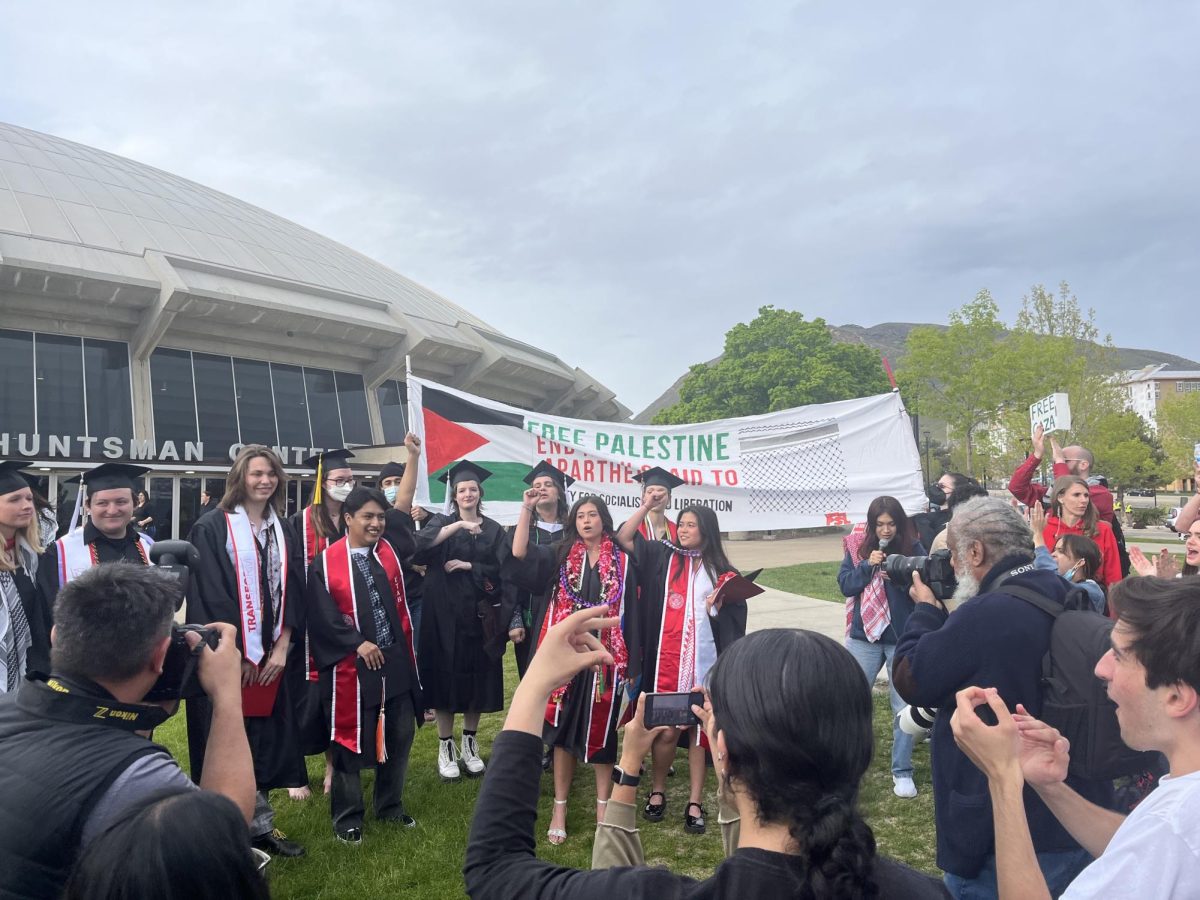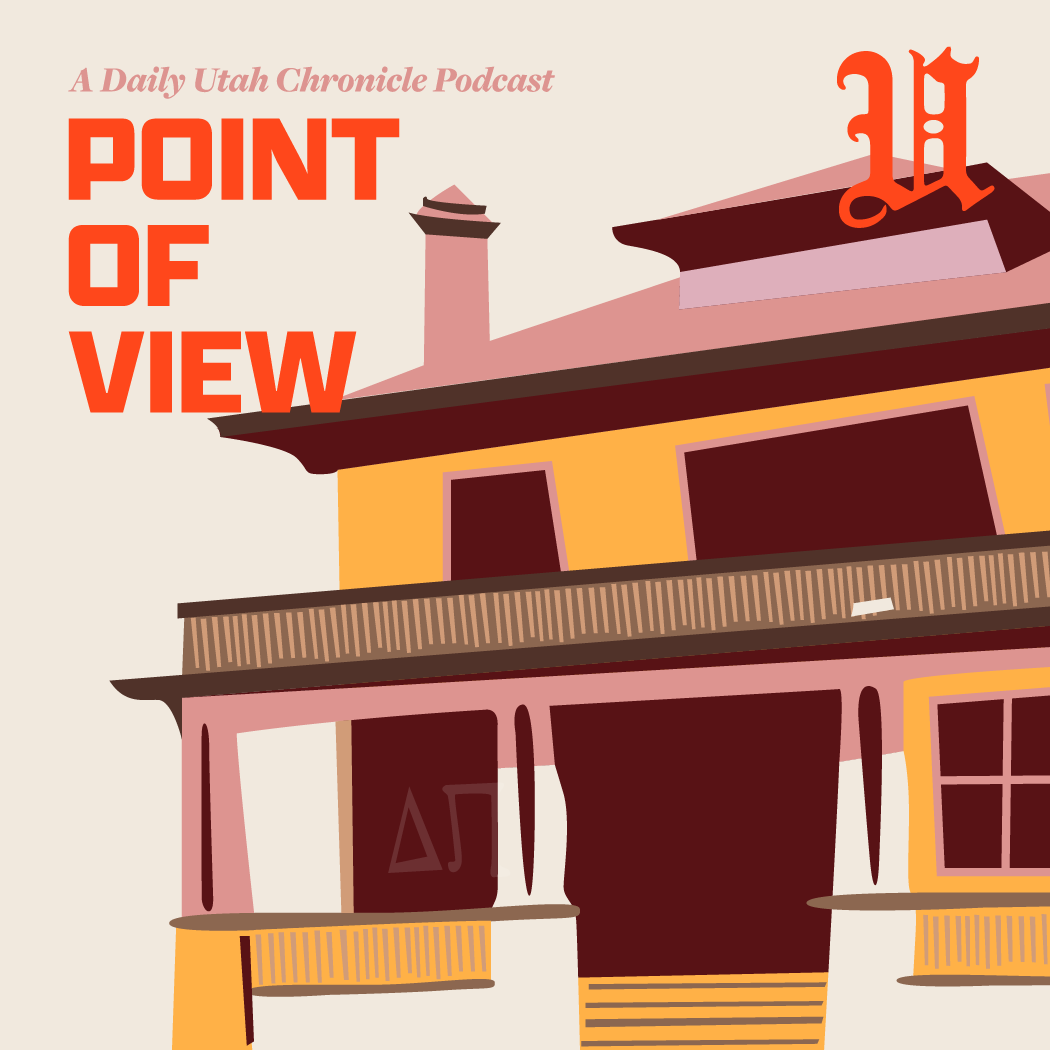Just as a proper accent was a sign of status in the musical “My Fair Lady,” pronunciation is a marker of social status in the Arab world, said linguist Maher Bahloul, a professor at the American University of Sharjah in the United Arab Emirates.
In a lecture on March 28 in LNCO, Bahloul, a visiting scholar at the U this semester, said people from different regions and social classes pronounce some Arabic sounds differently, such as the letter “qaaf.”
“There are very strong social attitudes associated with pronunciation,” Bahloul said.
People who use a pronunciation that is deemed to be different from the acceptable norm may be treated as outsiders, he said.
He noted that all Arab heads of state are speakers of one particularly prestigious variant of the “qaaf” pronunciation form.
Differences in pronunciation reflect the divide between rural and urban, sedentary and nomadic, and Sunni and Shiite.
In Jordan, pronunciation is divided along gender lines. One form of “qaaf” is associated with men and manliness, and the other is viewed as the province of women.
Bahloul said he was inspired to study the variations in pronunciation and their sociological implications by a controversy in his extended family.
His cousin married someone who pronounced “qaaf” in an allegedly less sophisticated way, bringing about the disapproval of some family members.
Audience members said the presentation, although technical in nature, was an insightful examination of language variations and their cultural implications in the Middle East.
“It was very informative, but probably would only appeal to those interested in Arabic linguistics,” said Jeff Berry, a senior in linguistics and Middle East studies.
“I was interested to find out that Arabic has been so understudied on the socio-linguistic level,” said Mara Haslam, a graduate student in linguistics.
The department of languages & literature and the Middle East Center co-sponsored the lecture.











